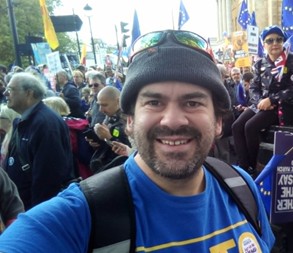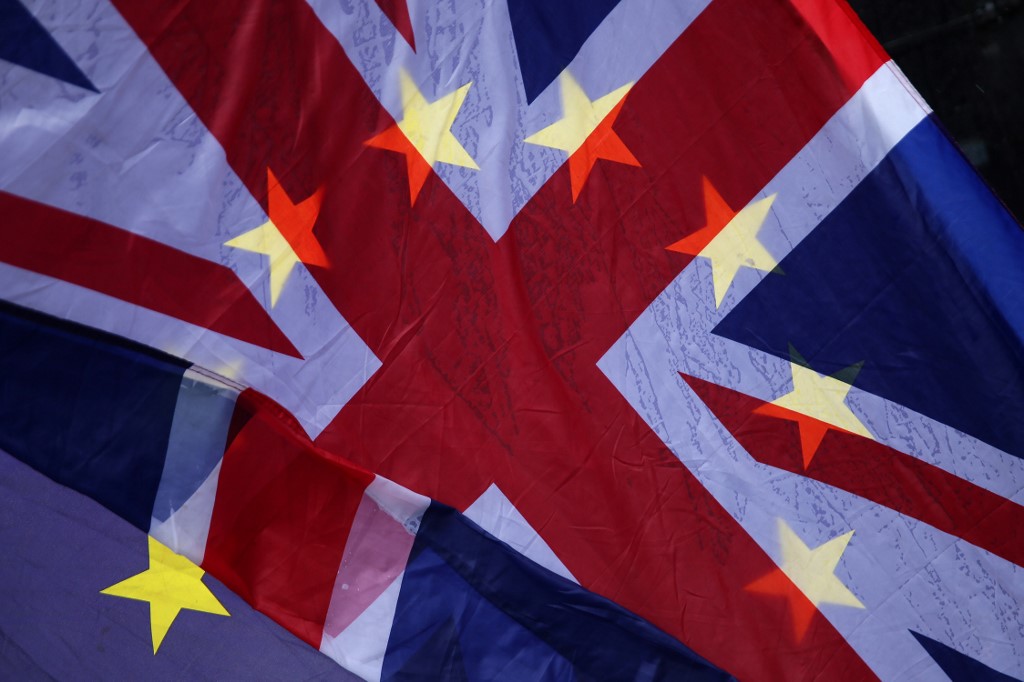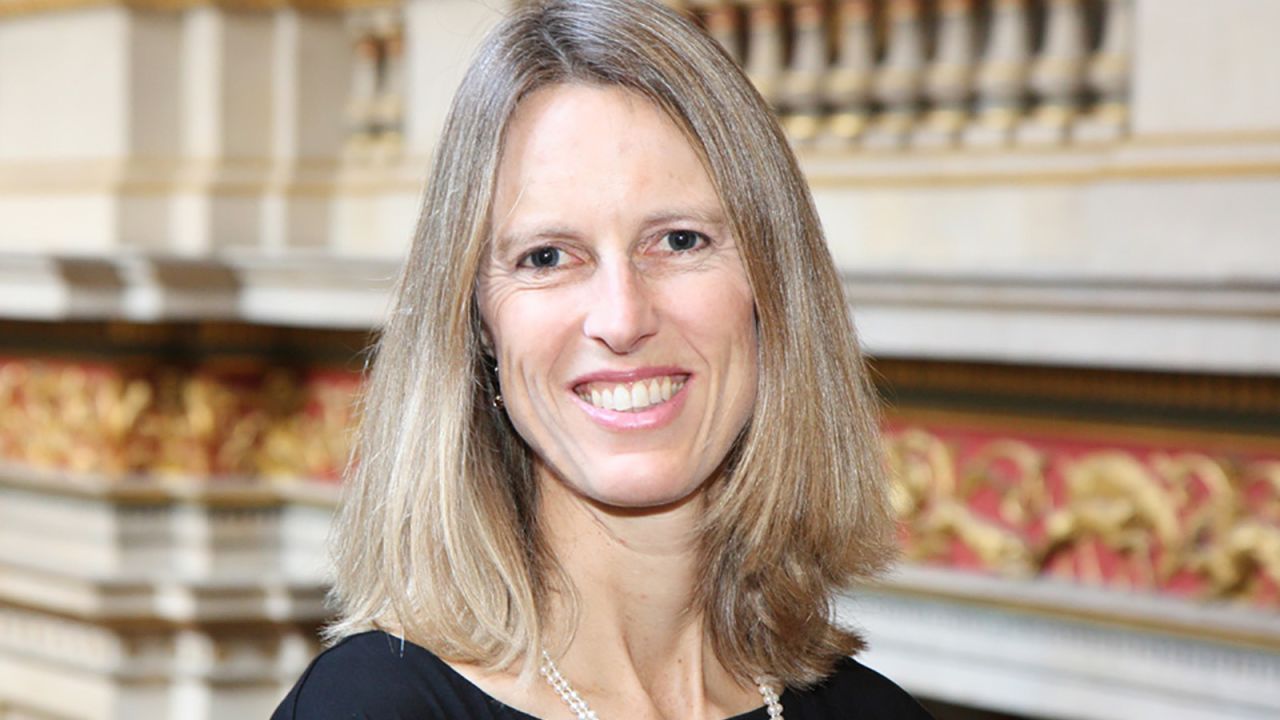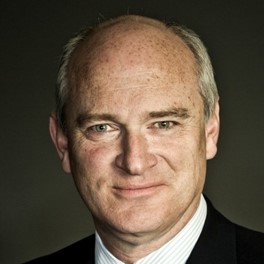
Bremainers Ask …… Zack Polanski
Zack Polanski is Deputy Leader of the Green Party and a member of the London Assembly. Before politics, Zack was a former theatre actor and worked on Erasmus with young activists from all over Europe. Zack is currently running to be the next leader of the Green Party.
Ruth Woodhouse : Could you explain your suggestion that the UK should leave NATO?
There’s important nuance here – and it was completely missed in the headline!
Donald Trump has talked about annexing Greenland – one of our allies. That confirms how unpredictable, unstable and dangerous he is. Rather than relying on a nuclear alliance dominated by the US (and a President who says that he “admires Putin”), we should be building alternative international partnerships based on diplomacy, peace, and cooperation – especially with our European neighbours and the global south. That’s what global leadership should look like.
Peter Corr : In 2023 at National Rejoin March you spoke strongly in favour of Rejoining the EU. Will you firmly make that Green Party policy if you become party leader?
Green Party policy isn’t decided by the leader – it’s decided democratically by our members at our national conference. We’re a one member, one vote party.
But my personal view is clear: no version of Brexit could ever be better than remaining in the EU. And yes – I’ve always supported rejoining – as does the party!
Helen Johnston : Would the Green Party support joining forces with European Movement UK to campaign on environmental issues?
We already do! In fact, Caroline Lucas is President of the European Movement.
Michael Soffe : Do you have a vision of how you should strengthen your relationship with other green parties that have representation in the European Parliament?
Yes – and I’m going to Brussels tomorrow (at time of writing!) for an annual meeting with Green Party leaders from across Europe. I’ve attended many times before and will continue to build those links – even though a lot of the conversation understandably still centres on the European Parliament. I find it most helpful that the challenges facing our colleagues across the continent often have very obvious parallels to challenges we face in the UK too. And often we even have solutions!
David Eldridge : Would you favour an electoral pact between the Greens and Lib Dems?
No. The Green Party received nearly 2 million votes in our best election ever. We’ve shown that even under First Past the Post, when we focus our efforts, we win.
I’m elected under Proportional Representation in London, so I work across party lines every day – but that’s different from electoral pacts. Cooperation with other politicians is essential but voters deserve a clear Green choice on the ballot.
We offer a unique platform: environmental, social, racial, and economic justice – and I’m confident many more people will choose that at the next election.
Steve Wilson : How would you tackle the issue of the mainstream media giving so much airtime to Reform UK and so little to the Greens, despite the comparable number of MPs?
I’ve been working with the Media Reform Coalition – and gave the keynote speech at their event last month. Our media system is broken. We urgently need more transparency, regulation, and accountability.
That said – since announcing my leadership bid, we’ve seen a major spike in Green Party media coverage. I’ve done a huge number of broadcast interviews, and you can find many of them here.
When we speak clearly about what we stand for – and against – we cut through. I plan to do a lot more of that!
Lisa Burton : What would you say were the benefits of Starmer’s ‘reset’ deal and where does it fall short?
Honestly, I don’t think it was much of a deal. It was encouraging to hear some recognition that we need a better relationship with Europe – but he missed the most obvious next step. Rejoining the customs union would be a straightforward, sensible move that would immediately benefit us all.
Of course, the long-term goal should be to rejoin the EU.
Valerie Chaplin : Can the two-party system ever be overcome without PR, and what would you regard as a reasonable timescale for fighting the battle for electoral reform?
Absolutely. The two-party system wasn’t always the status quo – and it doesn’t have to be the future either.
The Green Party has made net gains in local elections every year for the last eight years. We’ve shown we can win – and as Labour loses trust and credibility, a hung parliament is entirely possible at the next general election.
If we do find ourselves with influence, Proportional Representation will be central to our demands. It’s not just about fairness – it’s about making politics work better for everyone.
Next month
Ben Chambers is a musician, arranger and producer who is the voice behind the popular Pro-EU Radio Show and Podcast ‘SMR’ (Single Minded Rejoiners). If you would like to submit a question for Ben, please email us no later than Wednesday 9 July.

























